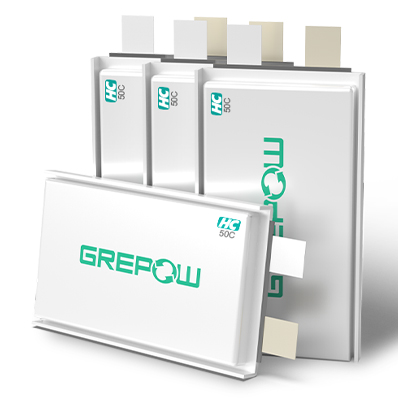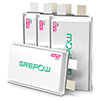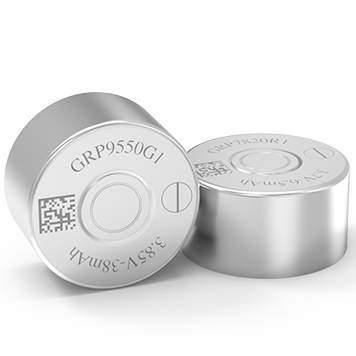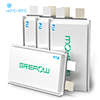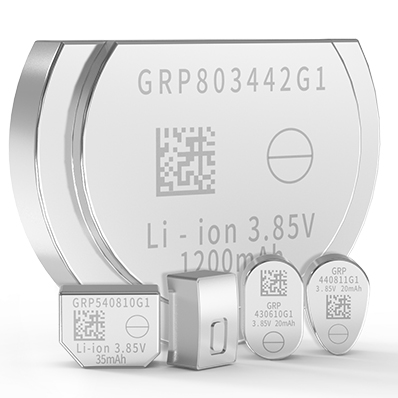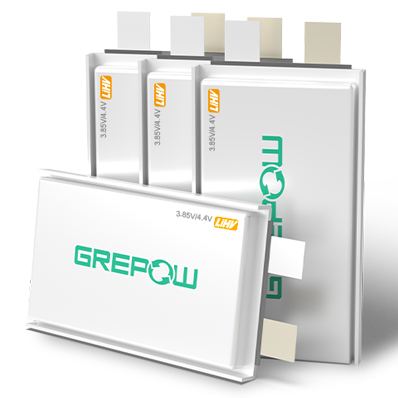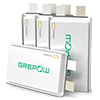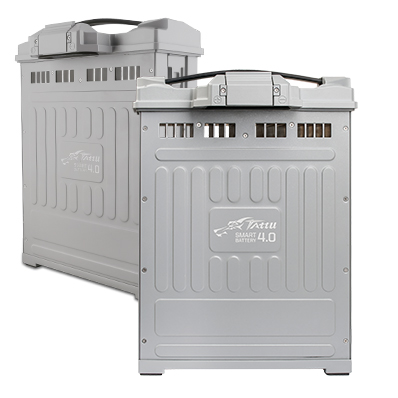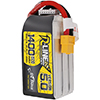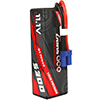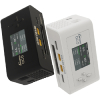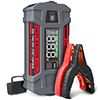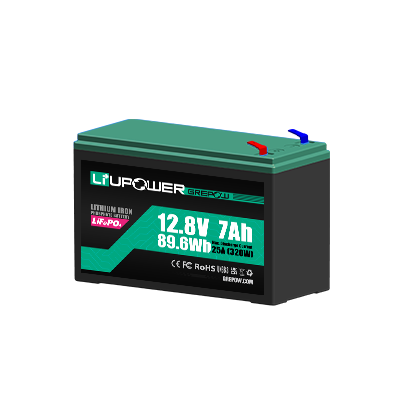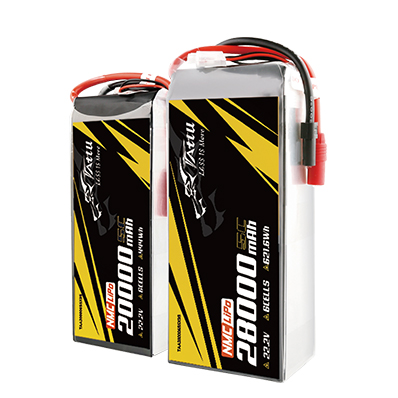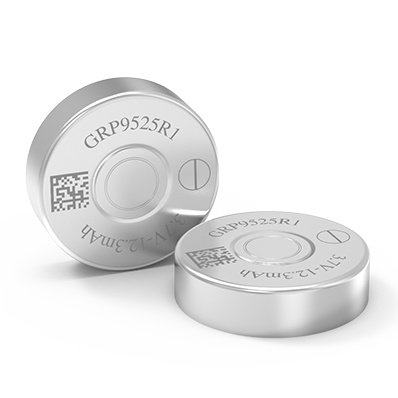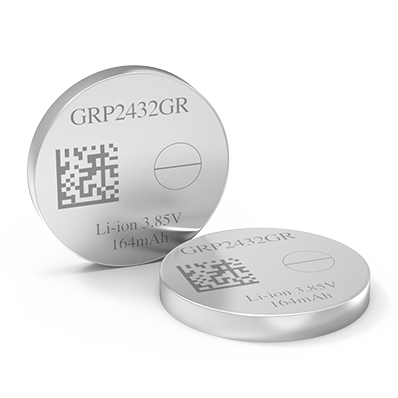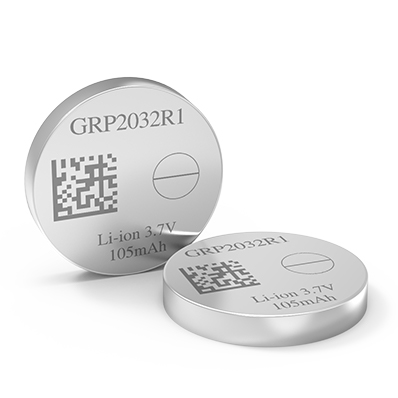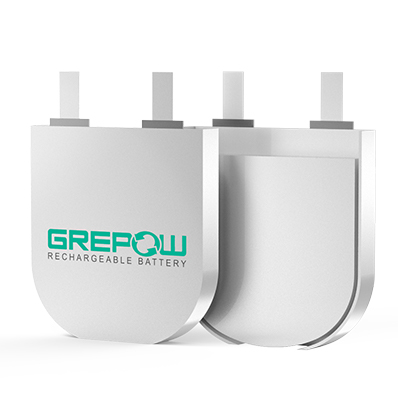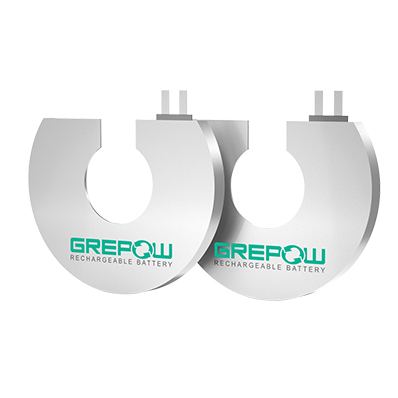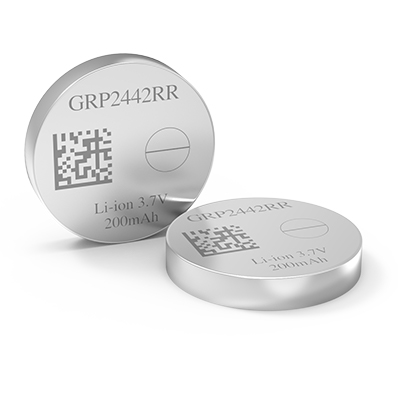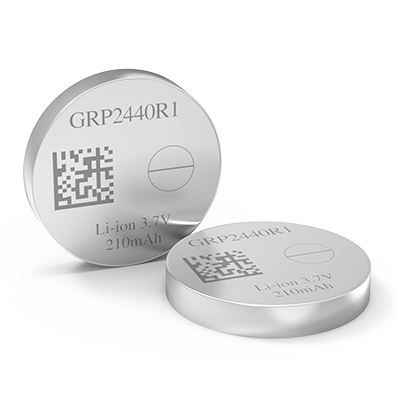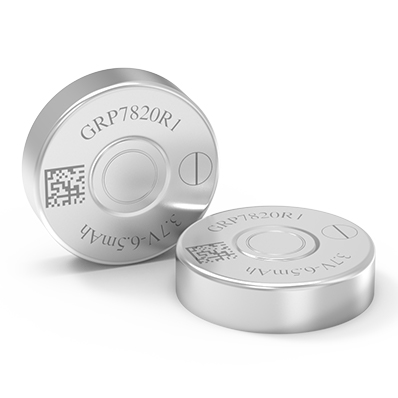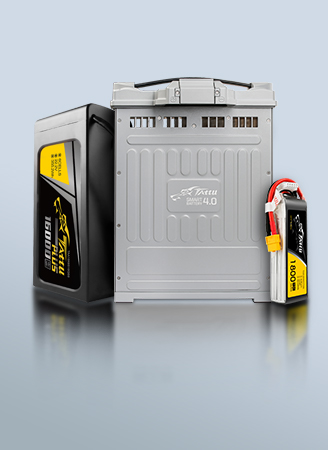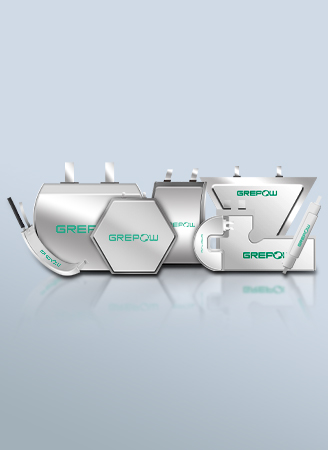What Types of Batteries Are Used in Pet GPS Trackers?
Pet GPS trackers have become essential tools for pet owners who want to ensure the safety and well-being of their furry companions. These devices rely on a steady power source to function effectively, and the type of battery used can significantly impact their performance, size, and convenience. Different trackers utilize various battery types, each with its own advantages and drawbacks. Understanding the types of batteries used in pet GPS trackers is crucial for making an informed decision that aligns with your pet’s needs and your lifestyle.
What is a Pet GPS Tracker?
A pet GPS tracker is a device designed to help pet owners monitor the location and movement of their pets in real-time. By attaching a tracker to a pet's collar, owners can use a smartphone app or web interface to pinpoint their pet’s location on a map. This technology provides peace of mind for pet owners, especially those with adventurous pets that tend to wander off.
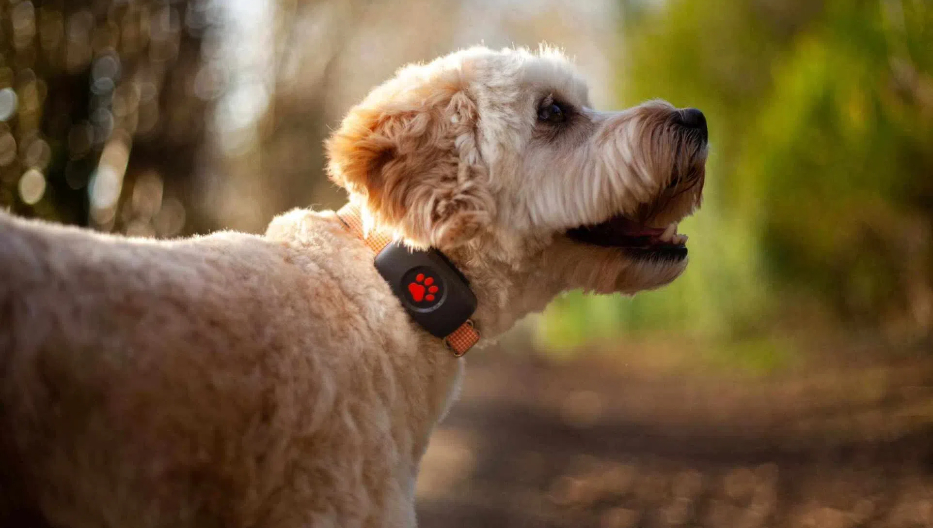
Types of Pet GPS Trackers
Pet GPS trackers come in various forms, each designed to suit different needs and environments.
Categorized by technology
●Standard GPS Trackers: These devices use the Global Positioning System (GPS) to provide real-time tracking. They are typically paired with cellular networks to transmit location data to the owner’s smartphone or computer.
●Radio Frequency (RF) Trackers: RF trackers work by sending out a radio signal that is picked up by a handheld receiver. These are more basic than GPS trackers and are useful for short-range tracking, typically within a few hundred meters.
●Bluetooth Trackers: These devices connect to a smartphone via Bluetooth and are most effective within a short range, usually up to 100 meters. They are not ideal for tracking pets over long distances but can be useful for indoor use or small areas.
●Hybrid Trackers: Some modern pet trackers combine multiple technologies, such as GPS, RF, and Bluetooth, to provide more accurate and reliable tracking. These are versatile but may come at a higher cost and require more complex maintenance, particularly regarding battery life.
Categorized by application
●Pet GPS Collar: A pet GPS collar is a wearable device that integrates a GPS tracker directly into the pet's collar. It continuously tracks the pet’s location and often includes additional features like activity monitoring, health tracking, and geofencing.
●Pet GPS Fence: A pet GPS fence is a virtual boundary set up around a specific area (like your yard) using GPS technology. Unlike traditional physical fences, this system does not require any physical barriers.
●Pet GPS Tag: A pet GPS tag is a small, lightweight device that can be attached to a pet’s existing collar. It functions as a tracking device to monitor the pet's location.
●Pet GPS Locator: A pet GPS locator is a device, often integrated into a collar or tag, designed specifically to track the location of pets. It usually offers real-time tracking, geofencing, and sometimes historical data on the pet’s movements.
Applications of Pet GPS Trackers
Pet GPS trackers serve various purposes, including:
●Locating Lost Pets: The most common application is to find pets that have wandered away from home. Real-time location tracking helps owners quickly locate their pets, reducing the risk of loss or harm.
●Monitoring Activity Levels: Some GPS trackers are equipped with activity monitoring features, allowing owners to track their pet’s exercise, sleep patterns, and overall health. This is especially useful for pets with health issues or those on a fitness regimen.
●Safe Zones and Alerts: Many GPS trackers allow owners to set up virtual boundaries, known as geofences. If a pet crosses these boundaries, the owner receives an instant alert. This feature is valuable for preventing pets from straying into dangerous areas.
●Travel and Adventures: For pet owners who frequently travel or take their pets on outdoor adventures, GPS trackers provide an extra layer of security. They ensure that pets can be quickly located in unfamiliar or remote areas.
Types of Batteries Used in Pet GPS Trackers
The battery is a crucial component of a pet GPS tracker, directly influencing its performance, size, and maintenance requirements. The following are the most common pet GPS tracker batteries types:
Lithium-Ion (Li-Ion) Batteries:
●Characteristics: Lithium-ion batteries are the most common type used in pet GPS trackers due to their high energy density, long life, and lightweight design. They offer a good balance between power capacity and size, making them ideal for compact devices.
●Advantages: These batteries are rechargeable, have a relatively fast charging time, and can hold a charge for several days, depending on usage. They are also known for their longevity, with hundreds of charge cycles before significant degradation occurs.
●Applications: Li-Ion batteries are typically found in high-end GPS trackers that require a long battery life and frequent use. They are suitable for devices with additional features like activity monitoring and geofencing.
Lithium-Polymer (Li-Po) Batteries:
●Characteristics: Lithium-polymer batteries are similar to lithium-ion batteries but offer more flexibility in shape and size. They are typically thinner and lighter, allowing manufacturers to design slimmer, more ergonomic trackers.
●Advantages: Li-Po batteries are also rechargeable and can provide similar battery life to Li-Ion batteries. Their flexible design makes them ideal for devices where space and weight are critical considerations.
●Applications: These batteries are commonly used in premium pet GPS trackers that emphasize a sleek design without compromising battery life. They are also used in trackers designed for small pets where the device needs to be as unobtrusive as possible.
Conclusion
The type of battery used in a pet GPS tracker is a key factor that influences the device’s performance, size, and overall user experience. Lithium-ion and lithium-polymer batteries dominate the market due to their superior energy density, rechargeability, and lightweight properties. Understanding the battery type that best suits your needs is crucial when choosing a pet GPS tracker, ensuring that you have a reliable tool for keeping your beloved pet safe and secure. As a global leading lipo battery manufacturer, Grepow offers high-energy-density lithium-ion coin battery and shaped lipo battery that perfectly meet the needs of pet GPS trackers. If you have any questions or needs, please feel free to contact us at info@grepow.com.
Related Articles
-

Next-Generation eVTOL Battery Technology
2024-08-22 -

eVTOL Battery vs EV Battery: What’s the Difference?
2024-08-21 -

Thin Film Lithium-ion Battery Vs Lithium-ion Battery: What’s the Difference?
2024-08-16


